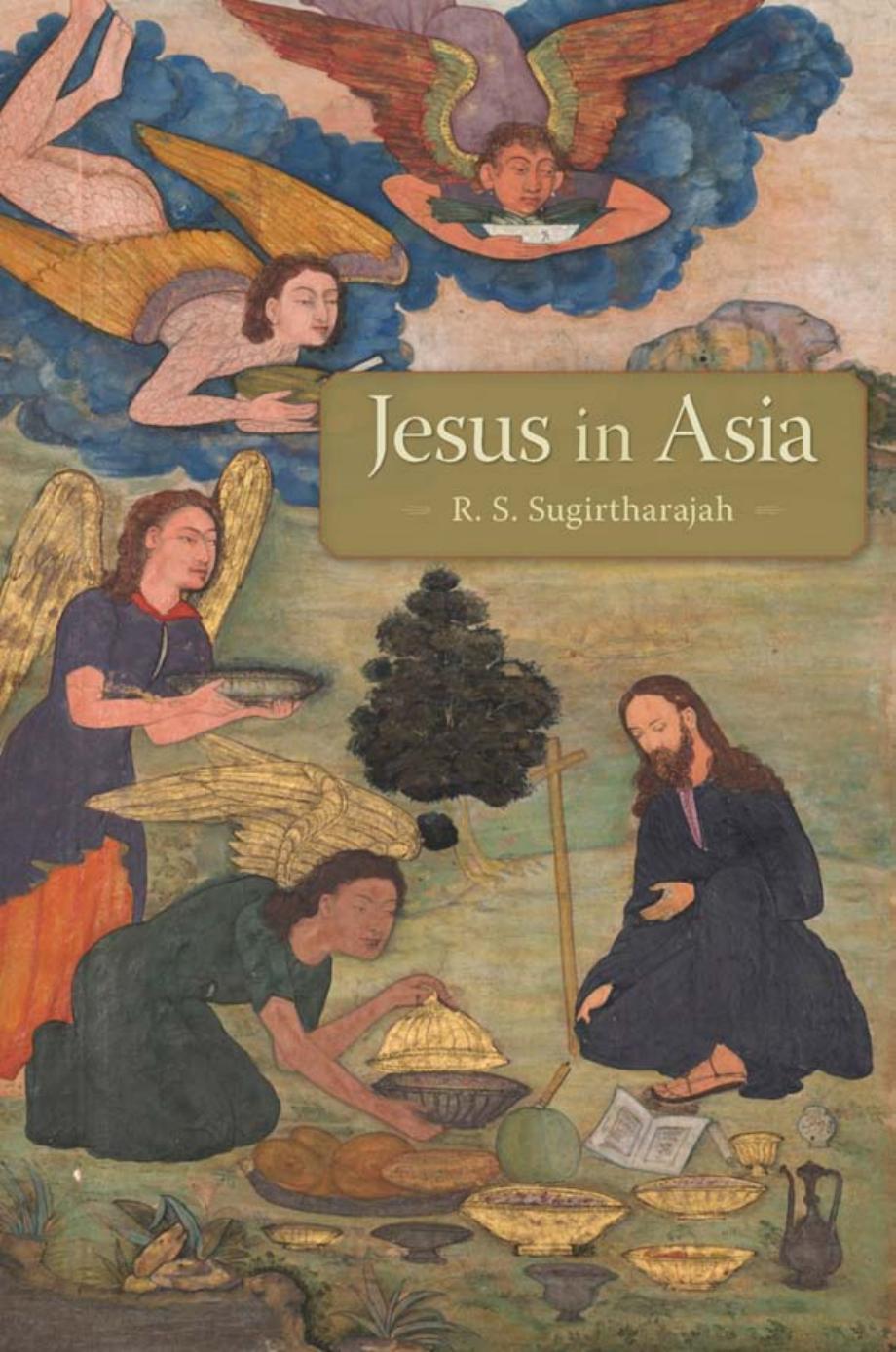Jesus in Asia by R. S. Sugirtharajah

Author:R. S. Sugirtharajah
Language: eng
Format: epub, pdf
Publisher: Harvard University Press
The Kingdom of God as a Spiritual Realm
The Kingdom that Jesus preached about was somewhat “akin to that of moksha, emancipation held by great Aryan teachers of India.” This Kingdom was not about national deliverance but “conceived individualistically.” Such a view was “altogether new as far as the Jews were concerned.” For them, the overthrowing of the Roman empire was part of Kingdom thinking. But Jesus was “dead politically.” Basically, he did not identify with the political aspiration of the Jews or associate himself with a materialistic idea of the Kingdom. He described the coming of the Kingdom not with portrayals of national heroes of the resistance, but with images of agriculture such as the “sowing of seed” and “growing of corn,” which must have mystified his listeners. The Kingdom was “something deeply, profoundly, personal.” In Parekh’s view, Jesus’s apolitical vision of the Kingdom was much more “original” than that of Socrates, Laozi, Mahavira, and the Buddha, because those thinkers lived in a much more sophisticated metaphysical and philosophical age, whereas the time of Jesus was marked by apocalyptic thinking.48 It was from John that Jesus drew the spiritual character of the Kingdom. For both, repentance was the sole criteria for entrance. In such a Kingdom, the Jews had no privileged place of their own unless they had repented of their sins.
Parekh’s aversion to a political Kingdom had to do with his portrayal of Jesus as an apolitical figure. Again, he painted essentially a spiritual rather than secular or political Jesus. Jesus’s appeal is intensely personal rather than collective. Jesus did not entertain any idea of political messianism, which he regarded as a “positive evil, a temptation of the devil.”49 His sole aim was to work to redeem humankind from “pain and suffering.”50 Jesus never wanted to create a socialist or communist state. His appeal was made to individuals or to the “body of regenerated individuals who constituted the Kingdom of God.”51 Parekh claimed in his biography of Vallabhacharya that the “real history of the Hindus does not lie in the secular realm much as in the spiritual,” and as such, the new Kingdom that Jesus envisioned was spiritual rather than secular.52 He firmly advocated that Christianity should remain true to its earlier call to Mokşa Dharma (a salvific and a spiritual religion) rather than the Constantinian Samāj Dharma (a social religion).
In Jesus’s mind, the Kingdom meant loving obedience of human beings to the will of God. This, in Parekh’s view, was the “original meaning of the idea of the Hindu Bhakti, which meant not only loving God but serving him.” The goal of the Kingdom preached by Jesus was to be “perfect as your father in heaven is perfect.” The Kingdom of God and the worldly kingdom were “incommensurate.” One stood for all the glory, power, and honor of the world, whereas the other stood for genuine service to God. These were hostile to each other and they must ever remain so. No other religious leader than Jesus had
Download
This site does not store any files on its server. We only index and link to content provided by other sites. Please contact the content providers to delete copyright contents if any and email us, we'll remove relevant links or contents immediately.
The Gnostic Gospels by Pagels Elaine(2531)
Jesus by Paul Johnson(2363)
Devil, The by Almond Philip C(2333)
The Nativity by Geza Vermes(2233)
The Psychedelic Gospels: The Secret History of Hallucinogens in Christianity by Jerry B. Brown(2158)
Forensics by Val McDermid(2094)
Going Clear: Scientology, Hollywood, and the Prison of Belief by Lawrence Wright(1985)
Going Clear by Lawrence Wright(1968)
Barking to the Choir by Gregory Boyle(1822)
Old Testament History by John H. Sailhamer(1817)
Augustine: Conversions to Confessions by Robin Lane Fox(1774)
The Early Centuries - Byzantium 01 by John Julius Norwich(1745)
A History of the Franks by Gregory of Tours(1729)
A Prophet with Honor by William C. Martin(1727)
Dark Mysteries of the Vatican by H. Paul Jeffers(1723)
The Bible Doesn't Say That by Dr. Joel M. Hoffman(1682)
by Christianity & Islam(1636)
The First Crusade by Thomas Asbridge(1610)
The Amish by Steven M. Nolt(1575)
